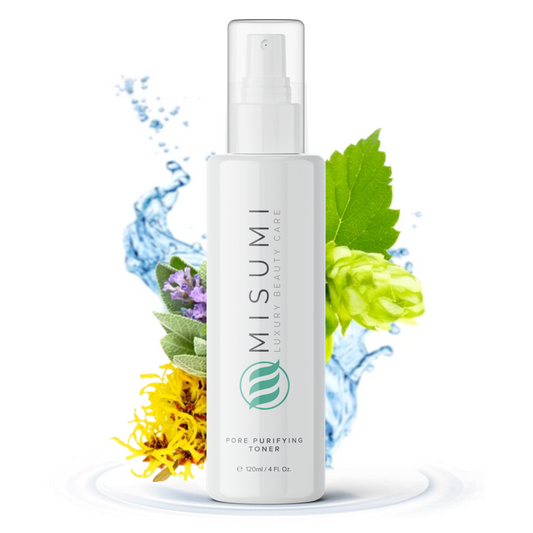When we think about achieving a clear and vibrant complexion, we often consider skincare products, serums, lotions, and treatments. But the true foundation of our skin health may lie deeper: in our diet. Nutrition plays a pivotal role in maintaining skin health, supporting its essential functions, and defending against premature aging.
This article will explore how nutrition shapes our skin, revealing the powerful connection between what we eat and how our skin looks. For those seeking professional guidance, especially within their insurance network, working with a nutritionist near me that take Aetna can help ensure your skin-supporting diet is both effective and accessible.
Let's jump into how we can nourish our skin from the inside out.
Understanding Skin Health
The Role of Nutrients in Skin Function
Our skin is a complex organ composed of various layers, and its health is influenced by several nutrients. Vitamin C, for example, is crucial for collagen synthesis, which keeps our skin firm and youthful. Similarly, essential fatty acids found in foods like salmon and flaxseed help maintain the skin's lipid barrier, locking in moisture and keeping impurities out.
When we consume a balanced diet rich in vitamins and minerals, we support our skin's ability to heal, regenerate, and combat signs of aging. From the healthy glow we aim for to the protection against harmful UV rays, nutrients like vitamins A, E, and zinc work together harmoniously to support skin function.
Common Nutrient Deficiencies and Skin Issues
A diet lacking in essential nutrients can lead to visible skin problems. For instance, insufficient vitamin D can result in dryness and itchiness, while a lack of vitamin E might increase susceptibility to skin damage from free radicals. Similarly, iron deficiency can cause pallor, leaving us looking tired and lifeless.
Recognizing these deficiencies is key: if we notice unwanted changes in our skin, it might be time to analyze our diet and carry out foods rich in these essential nutrients.
The Impact of Antioxidants on Skin Aging
Antioxidants play a vital role in protecting our skin from oxidative stress caused by environmental factors like pollution and UV radiation. These free radicals can accelerate aging, leading to wrinkles, fine lines, and uneven skin tone.
Foods high in antioxidants, such as berries, dark chocolate, and leafy greens, help combat this damage. By including these in our diet, we can enhance our skin's natural ability to repair itself, promoting a more youthful appearance.
Research indicates that diets rich in antioxidants not only improve skin texture but also support overall health. By nourishing our bodies with antioxidant-rich foods, we're investing in our skin's vitality and resilience, allowing us to enjoy healthy, glowing skin as we age.
Foods for a Radiant Complexion
The Effects of Hydration on Skin Appearance
Hydration is often overlooked in the quest for clear skin, but it is one of the most critical elements. Drinking enough water not only keeps our skin hydrated but also aids in the elimination of toxins that can lead to breakouts. When we stay hydrated, our skin can maintain its elasticity, appearing plump and vibrant.
Also, consuming water-rich foods like cucumbers, oranges, and watermelon contributes to our hydration levels, providing essential nutrients that support skin health.
How Processed Foods Affect Skin Health
But, a diet high in processed foods can wreak havoc on our skin health. Foods laden with sugars, unhealthy fats, and artificial additives can lead to inflammation, triggering breakouts and dullness. By minimizing our intake of these foods, we can promote better skin hydration and overall health. Choosing whole, unprocessed foods not only supports our skin but also enhances our overall well-being.
Creating a Balanced Diet for Skin Health
The Importance of Consistency in Dietary Choices
Consistency is key when it comes to dietary choices that support our skin health. It's not just about eating the right foods occasionally: it's about incorporating them into our daily routine. By making conscious dietary choices every day, we can ensure our skin receives the nutrients it needs to thrive.

Notably, developing healthy eating habits contributes to longer-term skin health, allowing us to enjoy radiant skin throughout our lives.
Supplements: Do They Help or Harm?
While whole foods should always be our primary source of nutrients, supplements can play a role in skin health. If we find it difficult to meet our nutritional needs through diet alone, due to busy lifestyles or dietary restrictions, natural supplements can be beneficial. But, it's crucial to consult a healthcare professional before starting any new supplement regimen to avoid potential harm or overdose. For a scientific perspective on skin nutrition, we can refer to resources like the American Academy of Dermatology.








